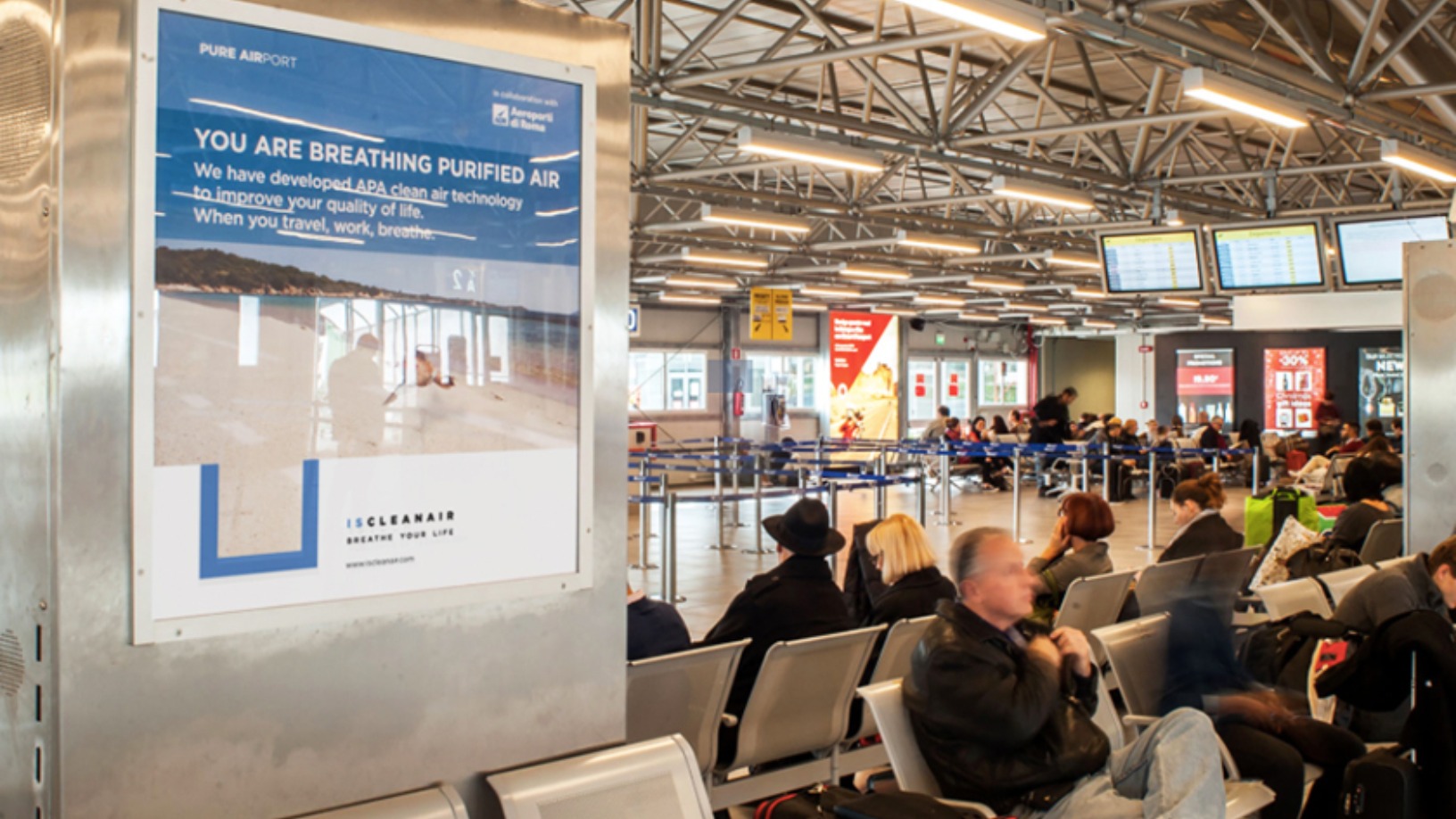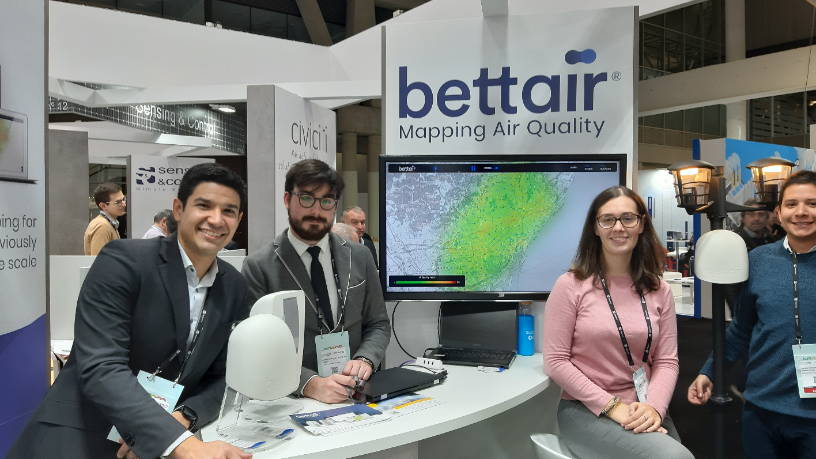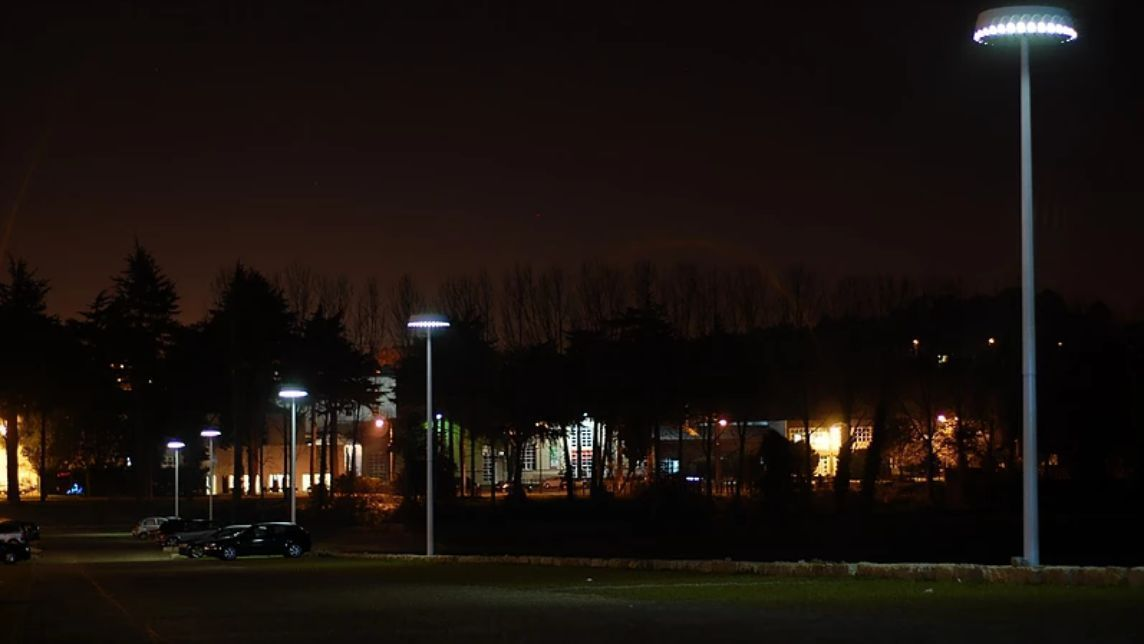Last month, for the first time in UK history, the court ruled that air pollution was a cause of death, after a nine-year-old girl living near dangerous levels of air pollution died following an asthma attack. Contaminated air causes over 8.8m premature deaths around the world every year, but it’s only recently, as the UK landmark case shows, that air pollution is starting to be recognized as not only an environmental issue, but a social one too, affecting human wellbeing.
"Ten years ago, talking about and selling solutions for air pollution was nearly impossible,” said Giuseppe Spanto, CEO and co-founder of IsCleanAir, an Italian startup that has developed a filter-less, water-based IoT modular system for reducing air pollution. “It’s like with air-conditioning – 25 years ago, it was not even considered a service or a need; but later, with time, we’ve acknowledged its importance to create better living conditions.”
IsCleanAir’s Air Pollution Abatement (APA) patented technology uses water instead of traditional filters to absorb contaminants in the air, and is deployed in clusters of smart and interconnected air-purifying systems that can cover wide areas, to increase the efficiency of pollution reduction.
“By installing one, two or three systems over a certain period of time, it is possible to cover an entire Shanghai, New York or Rome, just like how it’s done with street lights and the electricity network in cities,” Spanto said in an interview.
Launched in Rome in 2017, IsCleanAir is headed by two co-founders: Spanto, former CEO of tech consultancy Is TECH and a senior executive with more than 20 years of experience; and physicist and research scientist Paolo Tripodi, the company’s Chief Innovation and Technology Officer. Before founding IsCleanAir, the team had spent six years on research and testing.
“We had focused mainly on R&D, the validation of technology and the patents to create the necessary conditions to raise capital,” Spanto said. “We tried to implement as many solutions as possible, precisely to find data that would validate and continuously improve our technology, and with validation from experts.”
With 17 registered patents and 25 inventions under their belt, IsCleanAir was named to the Financial Times’s FT 1000 list of Europe’s 1,000 fastest-growing companies in March 2020. The startup posted revenue of €1.5m in 2019, with its installations found across Italy, Israel and France.
This year, IsCleanAir expects to double its revenue as health security has gained greater urgency since Covid-19, which in turn would drive demand for its air-purifying systems. “In the context of a global pandemic, there is obviously greater attention to the quality of the air we breathe in,” Spanto said, “but even before the pandemic, the trend was growing rapidly because of climate change, sustainability and circular economy matters.”
Addresses waste, energy efficiency
Primarily designed for factories where polluting agents are highly concentrated, IsCleanAir has also tested the effectiveness of its technology for outdoor use. Many outdoor areas, Spanto said, in fact can also be organized as big closed spaces, whereby the buildings themselves serve as walls while the effects of thermal inversion above buildings act as a roof.
IsCleanAir has optimized its air purification technology for diverse environments, factoring in different concentration of pollutants. Based on chemical-physical-mechanical processes, its APA system acts on multiple points as sources of emissions and enables real-time pollution monitoring.
To date, it’s the only filter-less mechanism certified to purify air at the ground level and capable of capturing micro powder pollutants at an abatement rate of above 90%. The company says its technology reduces up to 99.7% of PM10, PM2.5 and ultra-fine particles and up to 99% of chemical pollutants like nitrogen oxides and sulphur oxides.
“Filter systems, in general, aren’t very effective since they capture only coarse dust whereas those that go into the blood are actually the smallest ones,” Spanto said.
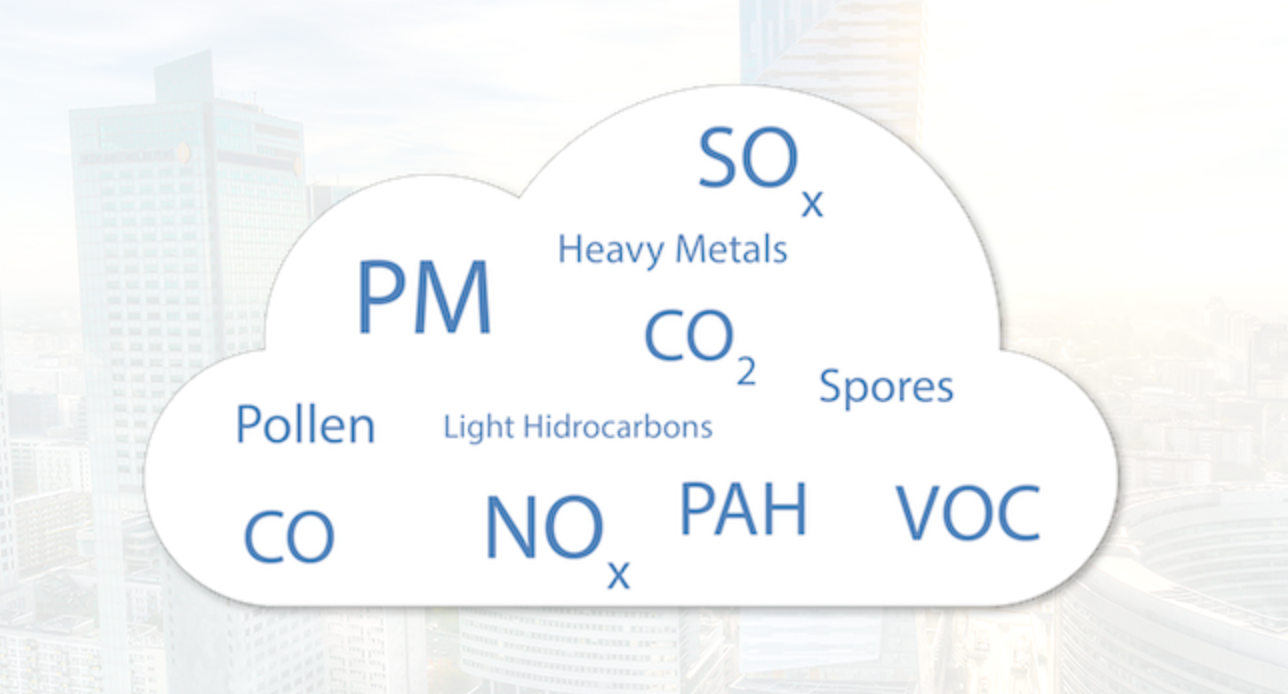
But the biggest problem with using filters is when they have to be disposed, as they are classified as special waste. Compared with water as an absorbent of air contaminants, filters also tend to saturate more quickly and, if not replaced regularly, risk becoming toxic, he said.
With approximately 3,000 cubic meters per hour of purification and a water capacity up to 500 liters per system, IsCleanAir has managed to extend the system’s performance cycle to six months before the water needs to be replaced.
The cost of IsCleanAir’s system varies, depending on the number of devices installed and whether they are outdoors or indoors. Some products have fixed prices, e.g., street advertising totems that come with its water-based air purifier would cost €19,000–20,000 each, compared with €17,000–18,000 without, Spanto said.
The resulting cost savings stem from lower maintenance costs and greater energy efficiency. With an installed power capacity of about 550W, the system consumes 7–10 times less energy than traditional filter-based systems. It can also be linked to the water grid, facilitating the supply of water.
“We analyzed the waters [used in absorbing the air contaminants] to identify potential risks in pollutants’ concentration, and the outcome has been encouraging,” Spanto said. In outdoor systems, the used water goes straight into the local sewage system while at factories, the water is disposed under the central water collection cycles. The system, he added, also comes with safety measures, including a smart monitoring system that alerts users to any risk relating to malfunction and rising concentration of pollutants.
The Covid nudge
The events and consequences of the Covid-19 pandemic have spurred IsCleanAir to rethink its strategy and business model.
“We ended 2019 with many projects and initiatives in mind, but we’ve been forced to slow down and think of ways to integrate our technology in schools, offices and hospitals,” Spanto said.
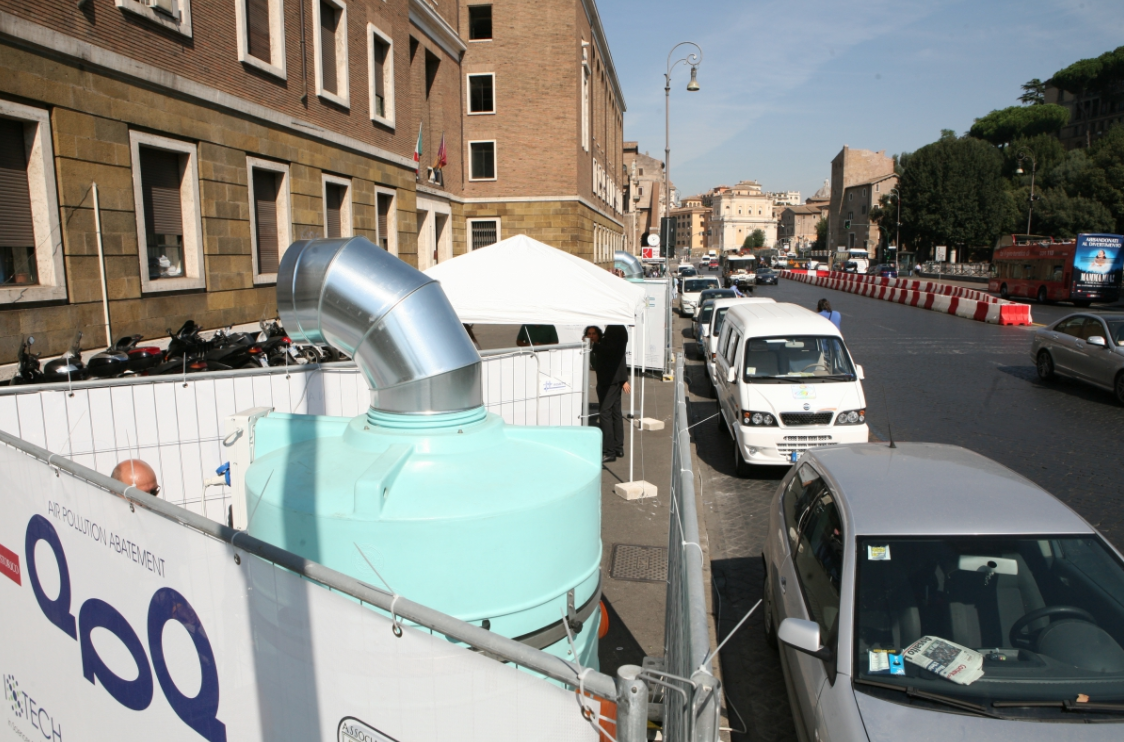
The team has been working on making its technology more scalable, and at same time, to offer its system in multifunctional contexts and in any size. This means shifting toward designing an air-purifying technology that can be smoothly integrated into elements of urban space as well as in indoor furniture and installations.
“It’s a matter of rethinking the urban space, in which objects acquire new functionalities,” Spanto said. “Different installations, e.g., a bus stop with shelter and seats, a street lamp or an advertising board, can easily have our air-purifying technology integrated.”
Such urban elements converted into APA-powered devices can be attached to a city’s electricity and water networks to allow seamless and integrated management, but they can also run as standalone systems with their own water tanks that are periodically maintained, he explained.
IsCleanAir has also started collaborations to create a new line of home furniture, including wardrobes, home kitchens, sofas and armchairs that also serve to purify indoor air. “There is great potential in this market niche today,” Spanto said, adding that the company also plans to apply for its technology to be certified for use in medical devices.
The company recently opened its own laboratory and a small factory for the in-house production of its prototypes and customized systems based on clients’ requests. The startup first secured €1.2m in investment end-2016 from Lazio Innova, the development agency of the Lazio region, the Almacis construction group, VAS International and other private investors. An EU Horizon 2020 funding of nearly €1.3m followed shortly after.
The company is currently seeking new investors for both funding and commercial partnerships. “Our strategy is to sign industrial agreements in Italy, but we are also looking to expand to overseas markets by making our technology available through the transfer of technological know-how,” Spanto said.
This year, it looks to double its revenue by closing deals with potential clients in the UK, Germany, India and China. “We want to continue carrying out initiatives throughout the production chain, from furniture designers to other industrial players,” Spanto said. “When Covid-19 is over, we’d still have to remember the lessons learned and continue to develop solutions that will prevent future potential pandemics.”
